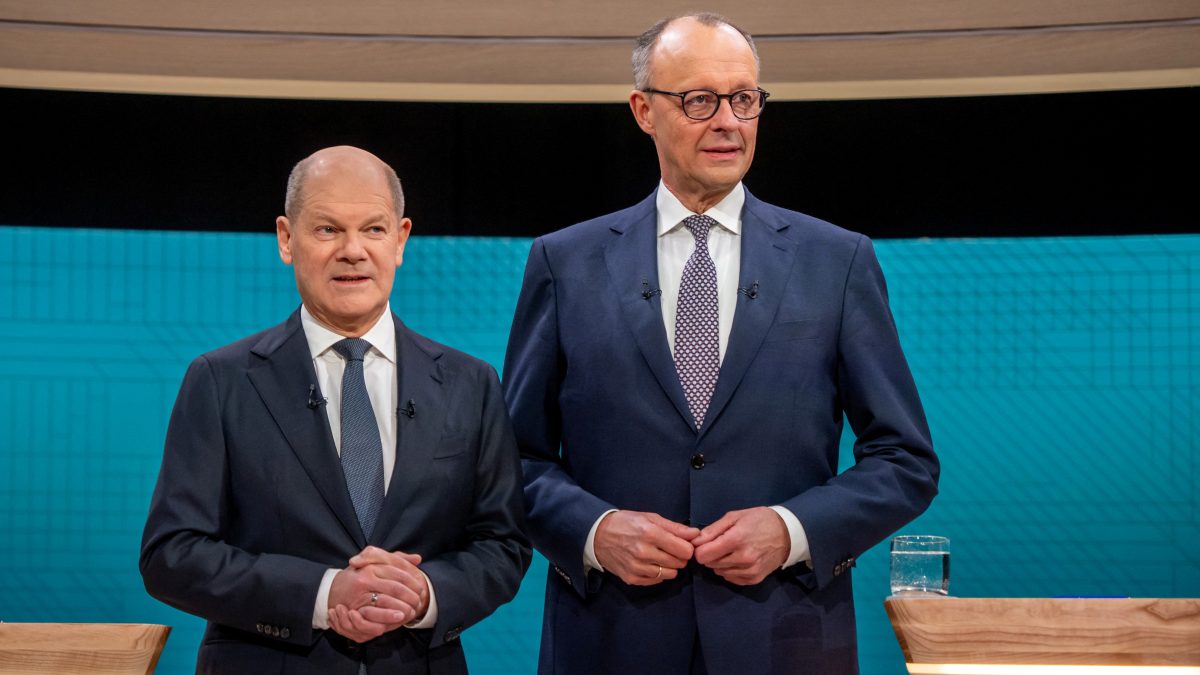Germany is set to usher in its toughest migration policies in decades, as the two parties expected to form the next government, the centre-right Christian Democrats (CDU/CSU) and the centre-left Social Democrats (SPD), reached a preliminary agreement in response to the far-right’s strongest national election result since the Second World War.
Politico, citing a draft negotiating text that has not been made public, reported that the parties have settled on a broad package of measures aimed at curbing immigration.
Measures to curb immigration
These include a sharp increase in detention capacity for migrants awaiting deportation, a two-year freeze on family reunifications, and the expansion of the list of “safe” countries to which asylum seekers can be returned— a list that would now include Algeria, India, Morocco and Tunisia.
The deal would also introduce provisions allowing for the deportation of migrants with criminal convictions, and scrap the current requirement for migrants to receive legal counsel before being repatriated.
If adopted, the policies would mark a dramatic rightward shift on migration , a reflection of the growing political pressure from the far-right Alternative for Germany (AfD), which finished second in the February 23 election and is expected to become an outspoken opposition force in the new Bundestag.
Defence spending, migration remain divisive issues
Some sticking points remain. While the CDU is pushing for offshore asylum and repatriation centres, the SPD has so far resisted, citing legal and moral concerns.
Beyond migration, defence spending is also proving divisive. The CDU, led by Chancellor-in-waiting Friedrich Merz, wants to hike military investment to 3.5 per cent of GDP— well above Nato’s 2 per cent target— in a move that could place Germany among the world’s top military spenders . The SPD, though acknowledging the need to bolster the Bundeswehr, has balked at such a sharp increase.
With US President Donald Trump once again casting doubt on Washington’s commitment to Europe’s defence, Merz’s party is also pushing for the return of compulsory military service, which was abolished in 2011. The SPD, however, remains opposed to conscription, preferring to keep military service voluntary.
Impact Shorts
More ShortsThe draft policies come from a series of cross-party working groups, set up to hammer out proposals ahead of final coalition talks. Leaders of both parties had originally aimed to finalise an agreement by Easter, but that timeline has slipped. Both sides now stress that the quality of the deal takes precedence over speed.


)

)
)
)
)
)
)
)
)



